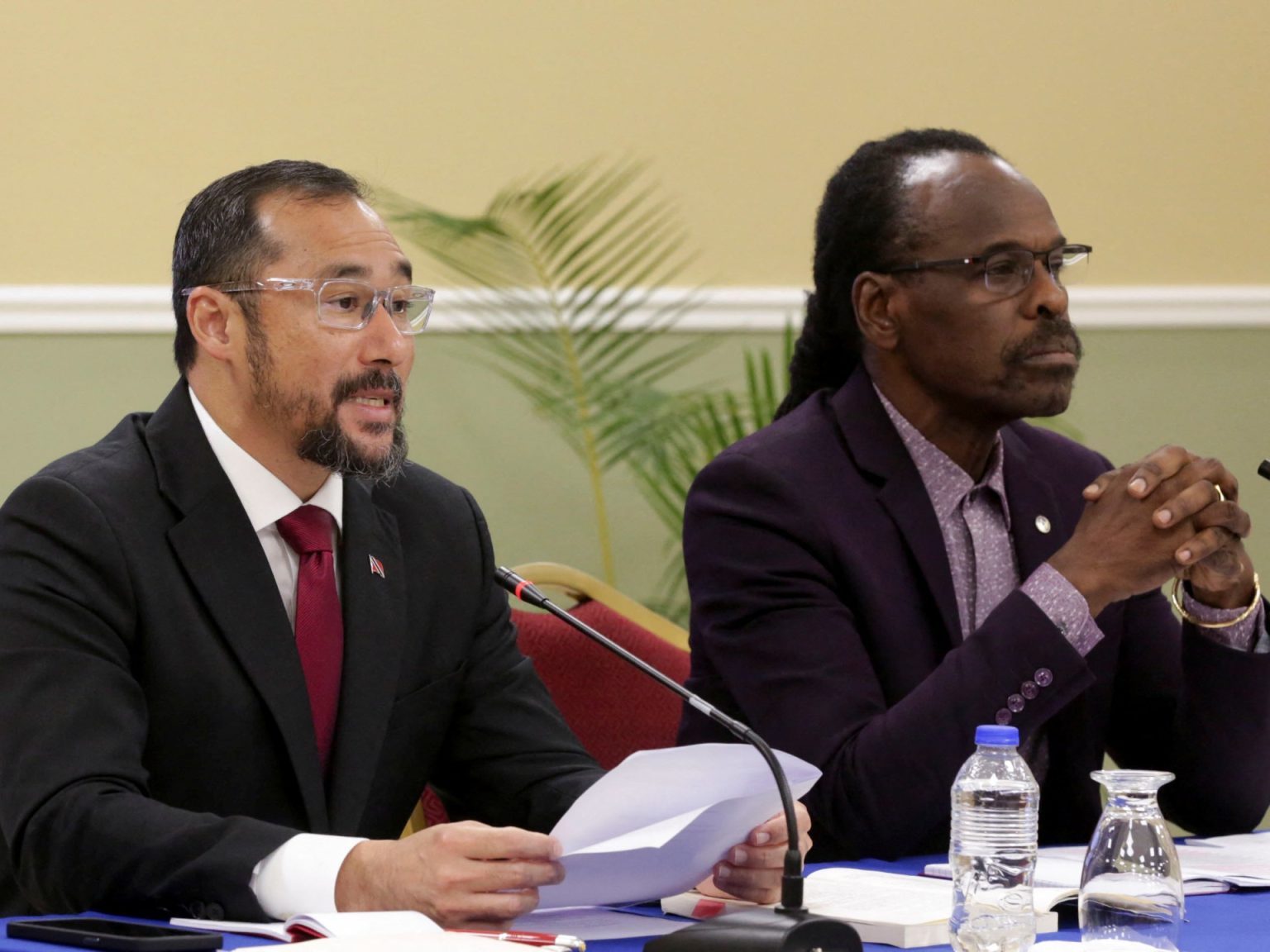Trinidad and Tobago’s recent declaration of a state of emergency underscores the escalating threat of gang violence and the urgent need for decisive action. The surge in killings, particularly reprisal attacks utilizing high-powered weaponry, prompted the government to implement this extreme measure, granting law enforcement expanded powers to address the crisis. The move was triggered by a brazen ambush outside a police station in Port of Spain, the capital, where a suspected gang leader was targeted. The subsequent retaliatory violence resulted in multiple fatalities and highlighted the potential for further bloodshed, forcing the government’s hand.
The state of emergency, while a drastic step, is aimed at disrupting the cycle of violence and restoring public safety. While it empowers police to conduct searches and arrests without warrants and suspend bail, it does not impose restrictions on public gatherings or demonstrations. The government emphasized that this measure is a targeted response to the escalating gang activity and not a blanket curtailment of civil liberties. The primary objective is to swiftly apprehend those involved in the recent spate of violence and prevent further reprisal killings, thereby safeguarding the lives of citizens and restoring a sense of security to the nation.
The recent surge in violence, culminating in the weekend’s events, reflects a disturbing trend in Trinidad and Tobago. The country has grappled with a record number of homicides this year, a significant portion of which are attributed to gang activity. The use of high-caliber weapons, including AK-47s and AR-15s, in these attacks further escalates the danger, increasing the risk of bystander casualties. This alarming trend underscores the critical need for a multi-pronged approach that addresses both the immediate security concerns and the underlying factors contributing to gang violence.
The easy accessibility of these powerful firearms is a major contributing factor to the escalating violence. Trinidad and Tobago, like many Caribbean nations, does not manufacture firearms domestically. The majority of illegal weapons are smuggled into the region, with a significant portion originating from the United States, the world’s largest arms exporter. This porous border and the influx of illegal firearms pose a significant challenge to law enforcement efforts to control gang violence. Addressing this issue requires stronger international cooperation, particularly with the US, to curb the flow of illicit weapons into the Caribbean.
The United States, while a partner in efforts to combat arms trafficking, also bears some responsibility for the proliferation of firearms in the Caribbean. The high number of privately owned guns in the US and the relatively lax gun control laws contribute to the flow of weapons southward. While collaborative efforts exist between the US and Caribbean nations to trace and intercept illegal firearms, the sheer volume of weapons originating from the US highlights the need for more effective measures to stem the flow at its source. This requires addressing the issue of illegal gun sales within the US and strengthening border security measures to prevent the export of these weapons.
The state of emergency in Trinidad and Tobago is a stark reminder of the complex challenges facing the Caribbean region. The influx of illegal firearms, fueled in part by the US gun market, empowers criminal gangs and contributes to escalating violence. While the current emergency measures aim to provide immediate relief and restore order, a long-term solution requires a multifaceted approach. This includes strengthening regional security cooperation, enhancing border control measures, and addressing the root causes of gang violence, such as poverty, unemployment, and lack of opportunity. Furthermore, fostering closer collaboration with the United States to curb the flow of illegal weapons is crucial to achieving lasting peace and security in the region.

